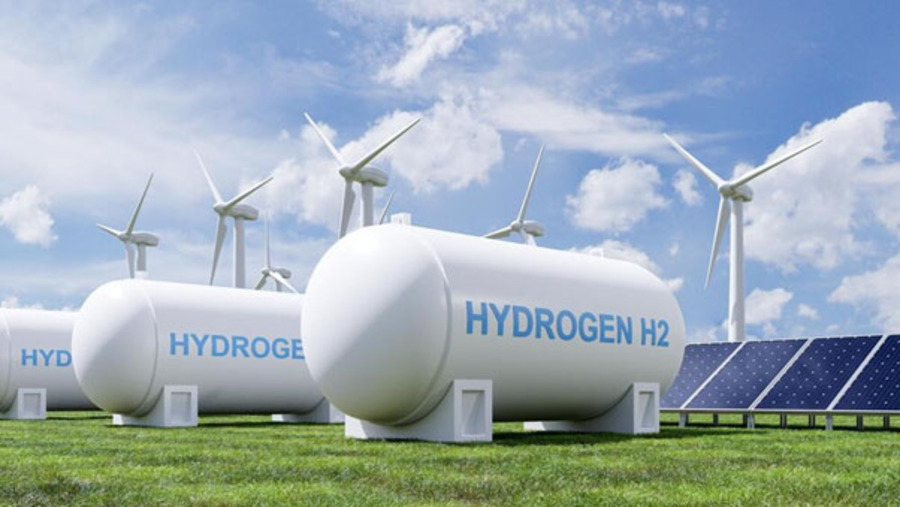Electric Vehicles: Powering India’s Road to 2030. Nearly one-third of personal vehicles in India are projected to be electric, showcasing a shift towards sustainable transportation. Photo: Bloomberg
India’s journey towards an electric future is charging ahead with unprecedented momentum. As of 2024, the nation’s electric vehicle (EV) market is poised for a remarkable 66% growth, heralding a new era of sustainable mobility. Following a year where EV sales nearly doubled, the surge is supported by a blend of consumer interest, governmental subsidies, and an expanding infrastructure, according to a recent analysis by Counterpoint.
This significant leap forward not only underscores the shifting paradigms in India’s transportation landscape but also aligns with global efforts to combat climate change. By 2030, electric vehicles are projected to account for nearly one-third of all personal vehicle sales in India, a testament to the country’s commitment to clean energy and innovation.
Driving Forces Behind the Surge
The upcoming year’s growth is primarily fueled by:
- Government Subsidies: State-sponsored incentives are lowering the cost barrier for consumers and businesses alike, making EVs more accessible to a broader demographic.
- Rising Consumer Interest: Awareness and concern over environmental issues are steering consumers towards more sustainable choices.
- Infrastructure Expansion: The development of charging stations and support networks across the country is eradicating previous concerns over range and convenience.
The Path to 2030
Looking towards the end of the decade, the vision for India’s EV market is not just optimistic but firmly grounded in the strides being made today. The expected tripling in market share by 2030 is a clear indicator of the long-term growth trajectory for electric mobility in India. With new players entering the market and technological advancements on the rise, the landscape of personal transportation in India is on the cusp of transformation.
Embracing the Electric Revolution
As India accelerates its journey towards a greener future, the embrace of electric vehicles is a pivotal step in reducing the nation’s carbon footprint. The government’s role in incentivizing this shift, coupled with the automotive industry’s innovation and consumer willingness to adapt, is crafting a roadmap towards sustainability. This transition not only promises environmental benefits but also heralds economic opportunities, driving forward India’s position in the global EV market.
Conclusion
The electrification of India’s transport sector is more than a trend; it’s a transition towards sustainable development and energy independence. As the EV market continues to grow, the ripple effects will be felt across the economy, the environment, and society at large. With 2030 on the horizon, India’s commitment to electric vehicles showcases the nation’s broader aspirations for clean energy and technological leadership on the global stage.
India’s journey towards an electric future is not just about embracing new technology—it’s about steering towards a cleaner, greener, and more sustainable tomorrow.



